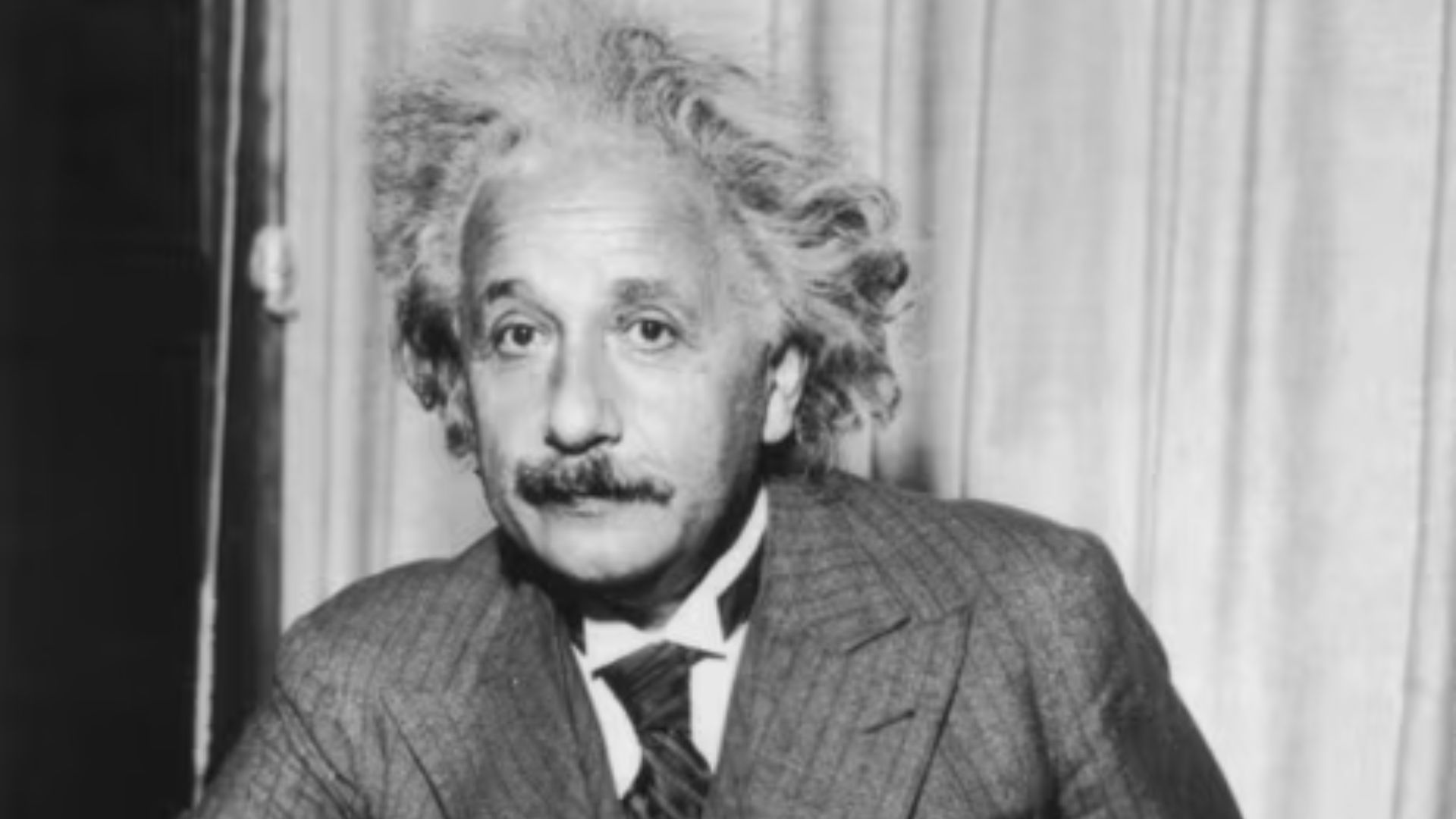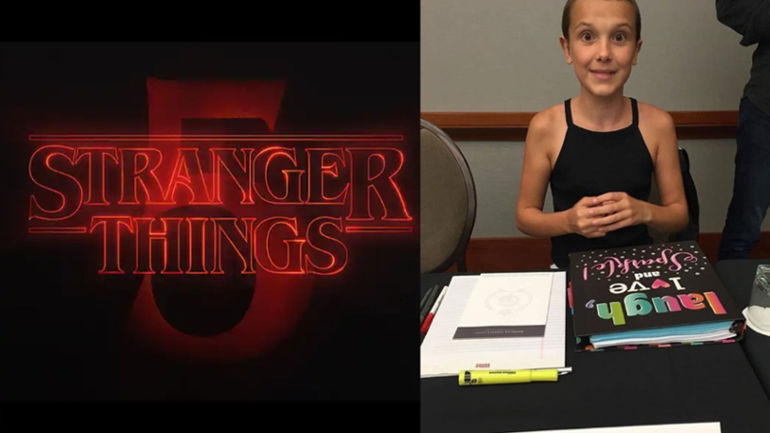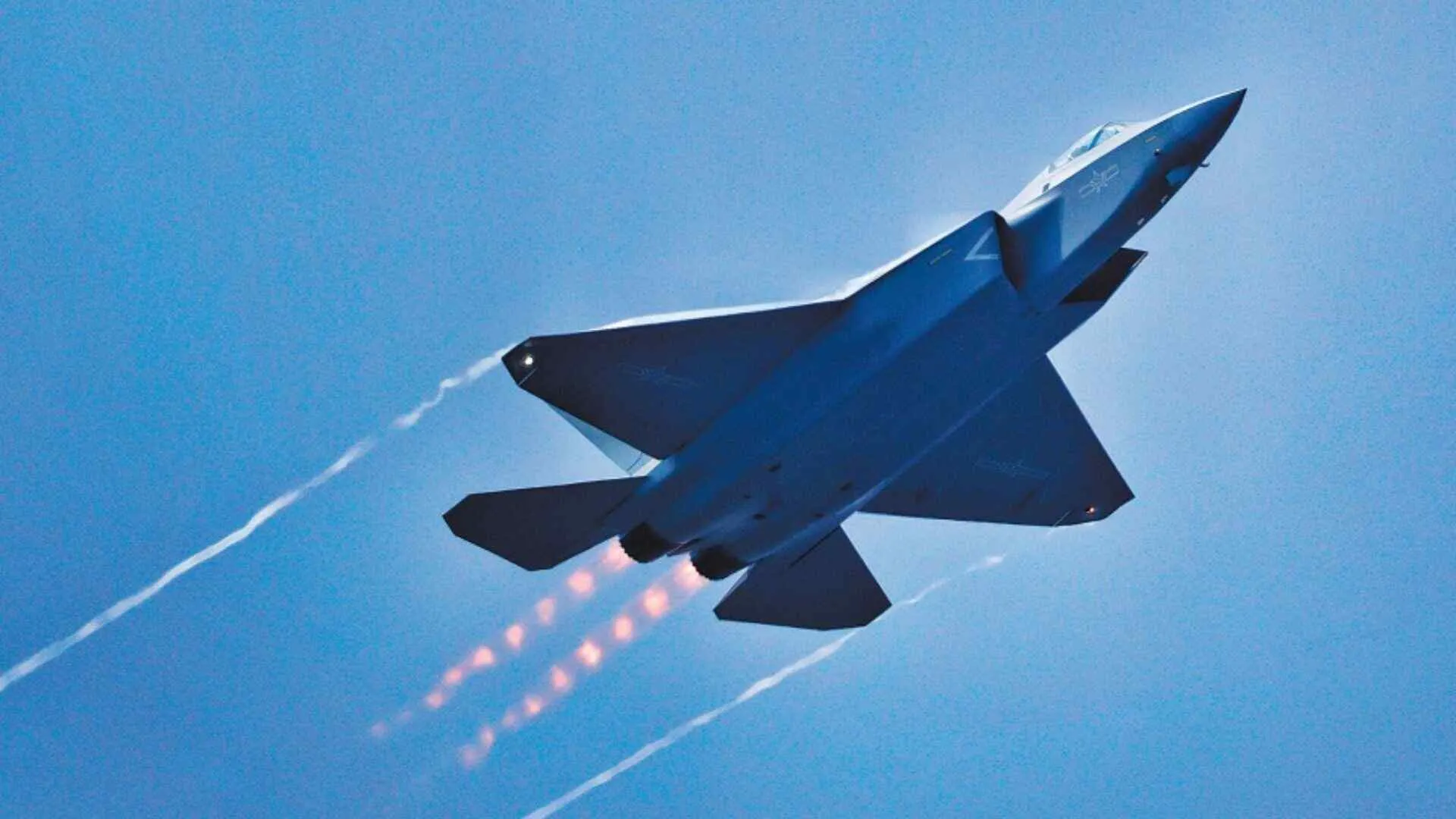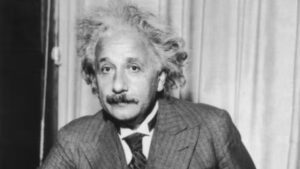A letter that helped form the atomic bomb recently sold for $3.9 million, or about ₹32.7 crore, through a Christie’s auction. The letter, penned by Albert Einstein, sought to inform United States President Franklin D. Roosevelt of a possibility- nuclear weapons-and urged the United States to start research, which eventually helped in the development of the atomic bomb during World War II.
A turning point in history
The letter, which, as we know today, is the original one housed at the Franklin D. Roosevelt Library in New York, was Einstein’s attempt to bring to Roosevelt’s attention the suspicion that Germany might be working on nuclear bombs. He wrote of developments in nuclear physics, noting that “uranium could be made a new and important source of energy.” But he also warned that this energy could be used to develop “extremely powerful bombs.”
Einstein moved out of Europe with physicist Leo Szilard, terrified of Adolf Hitler attaining power. Feeling he had no other alternative, he helped his letter push the U.S. government to accelerate nuclear research, turning into the Manhattan Project that eventually created the atomic bombs.
One of the most influential letters in history,” says Christie’s senior specialist Peter Klarnet, it was written in 1939 and changed the course of both the war and human history as it actually triggered the nuclear arms race.
There is one private copy of the Newsweek magazine issue with a famous headline. The copy belonged to Microsoft co-founder Paul Allen, who spent $2.1 million for it in 2002. The copy was sold at an auction from Allen’s collection. Before Allen, it belonged to publisher Malcolm Forbes. He purchased it from physicist Leo Szilard’s estate.
Although Einstein played an important role in the U.S. nuclear program, he was later to comment on his involvement with nuclear weapons as “my one big blunder.” After the atomic bombs dropped on Hiroshima and Nagasaki in 1945, he declared, “Woe is me.” He saw firsthand the terrible destruction those weapons had caused.














